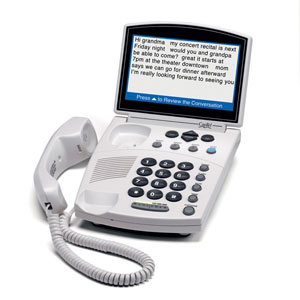A hearing loss community brought to you by Phonak
Real People. Real Stories.
HearingLikeMe.com is an online community for people whose lives are affected by hearing loss. We bring together people from all around the world to share stories that inspire hope in almost any hearing loss situation.
Phonak created this site with a simple idea: Sharing our hearing loss stories with each other is a powerful thing. Together, we can learn to live with hearing loss more successfully and advocate in a more meaningful way.
Who Owns This Site?
The short answer is that if you’re a member of this community, you do.
If you’re asking who actually pays the bills to keep the lights on, the answer is Phonak. We’ve been creating systems to improve the quality of life for people with hearing loss for 60 years. If you wear hearing aids, have cochlear implants, or know someone that does, there’s a fairly good chance that they were designed by us or one of our sister companies.
We provide the funding for this site because we know that our products can only go so far in improving someone’s life. Education, peer-to-peer connections, and ongoing advocacy are what ultimately help people with hearing loss live fuller lives.
We’re excited about what this website can offer the deaf and hard of hearing community. We hope you’ll help us turn it into a valuable resource that provides its members inspiration and a voice.
To find out more about Phonak, you can visit our website here: http://www.phonak.com/
We’re excited about what this platform can offer the deaf and hard of hearing community. We hope you’ll help us turn this site into a valuable resource that provides others with inspiration and a voice.
Get in touch.
Having problems accessing the site? Contact support:
support@hearinglikeme.com
Who Owns This Site?
The short answer is that if you’re a member of this community, you do.
If you’re asking who actually pays the bills to keep the lights on, the answer is Phonak. We’ve been creating systems to improve the quality of life for people with hearing loss for 60 years. If you wear hearing aids, have cochlear implants, or know someone that does, there’s a fairly good chance that they were designed by us or one of our sister companies.
We provide the funding for this site because we know that our products can only go so far in improving someone’s life. Education, peer-to-peer connections, and ongoing advocacy are what ultimately help people with hearing loss live fuller lives.
We’re excited about what this website can offer the deaf and hard of hearing community. We hope you’ll help us turn it into a valuable resource that provides its members inspiration and a voice.
To find out more about Phonak, you can visit our website here: http://www.phonak.com/
We’re excited about what this platform can offer the deaf and hard of hearing community. We hope you’ll help us turn this site into a valuable resource that provides others with inspiration and a voice.
Get in touch.
Having problems accessing the site? Contact support:
support@hearinglikeme.com

